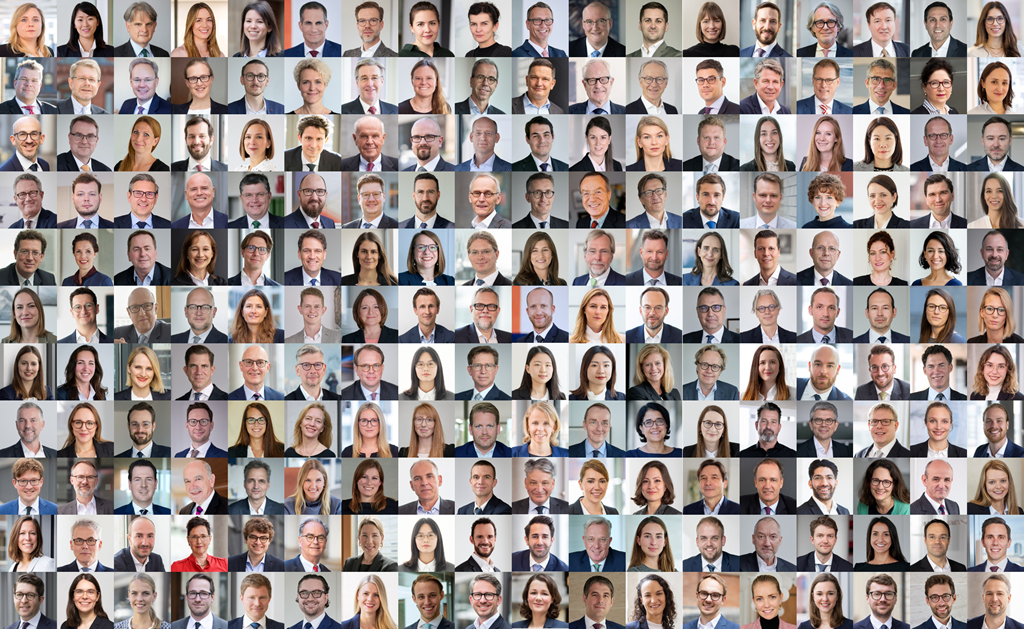Germany is one of the most attractive destinations for foreign investors in Europe. While the government welcomes international capital, it also maintains a strict framework of foreign investment control to protect public order and security. Understanding these rules is essential to ensure compliance, avoid risks, and secure timely approval for your deal.
Quick Facts: FDI in Germany (2025)
More Hot Topics
Foreign investment control in Germany is primarily governed by the Foreign Trade and Payments Act (AWG) and the Foreign Trade and Payments Ordinance (AWV). The competent authority for reviews is the Federal Ministry for Economic Affairs and Climate Action (BMWK). This legal framework distinguishes between sector-specific reviews (e.g., defense, cryptographic technologies) and cross-sectoral reviews (all other sectors that may impact public order or security).
The FDI regime primarily concerns non-EU / non-EFTA investors (outside the EU, Iceland, Liechtenstein, Norway, and Switzerland). Depending on the sector, the acquisition of 10%, 20% or 25% of voting rights in a German company may trigger a review. Sensitive areas include:
- Defense and military technology
- Critical infrastructure (energy, IT, telecoms, health)
- Media companies with significant public influence
- Technologies of strategic importance such as AI, robotics, semiconductors, or biotech
Not every investment requires mandatory filing. The key distinction is:
- Mandatory filing: Required if the investment concerns defense, critical infrastructure, or other specially protected sectors.
- Voluntary filing: Available for all other industries. Investors can request a certificate of non-objection (“Unbedenklichkeitsbescheinigung”) to obtain legal certainty and avoid later intervention.
The BMWK has the authority to review a transaction up to 2 years after signing. If an investor proactively files, the review is usually completed within 6–8 months.
- Preliminary review: up to 2 months
- In-depth review: up to 4–8 months
Importantly, in notifiable cases, closing the deal is prohibited until BMWK clearance has been obtained — violating this standstill obligation can result in fines or the transaction being declared void.
To minimize risk, we recommend:
- Early legal risk assessment: Identify whether the target company operates in a sensitive sector.
- Pre-filing consultations with the BMWK: Helpful if the classification of the investment is unclear.
- Consider voluntary filings: Certificates of non-objection provide legal certainty in borderline cases.
- Build in sufficient time: Clearance may take several months — factor this into your transaction planning.
“GvW is recommended for investment control.”
"In addition, GvW clients benefit from the well-established cross-practice cooperation, which is characteristic of the entire firm"
"The practice is committed to the topic of legal tech and has recently developed several applications for initial legal assessments"
"GvW gets to the heart of the matter, i.e. relevant issues are clearly identified and emphasised"
"A particularly unique selling point is the ability to formulate even complex legal issues concisely in clear and understandable language"
"GvW also looks beyond the legal assessment to the practical implications and real options for action"

We have been advising international companies on foreign direct investments in Germany for over 75 years.









